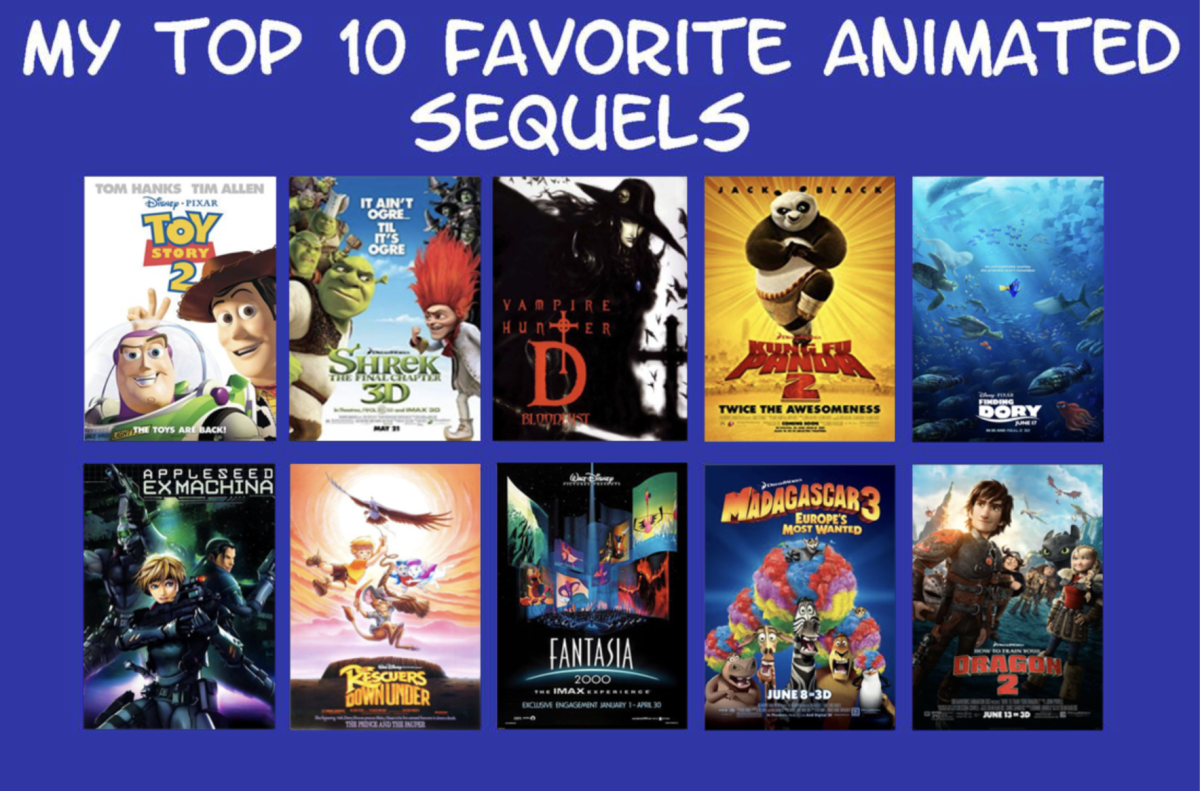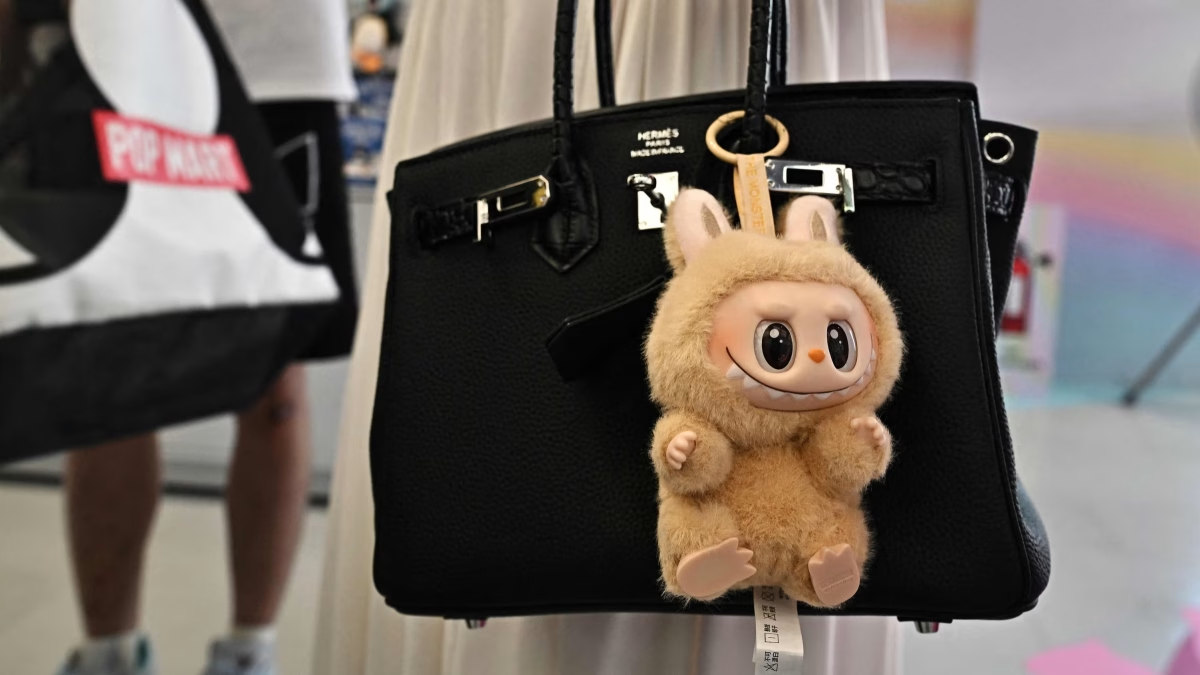It’s never been unusual for the internet to be careless. After all, when all you can see of others is a small little picture next to some words with a like and reply button on a flat screen, it can be hard to perceive others as what they are behind that guise of pixels: human. The difference is, between the earlier years of the internet and now, the art of “trolling” for engagement has contorted into rape threats and racism under the name of “ragebaiting”, occasional Amazon purchases have turned into people buying hundreds of things on impulse to fit the latest microtrends, and watching a few funny videos per day has turned into scrolling through an infinite rabbit hole of “entertainment” for hours on end, only taking about 2-3 seconds to look at each video passed. This is the grasp that Instagram and TikTok have on our minds, and once it has you, you’re bound to become addicted and brainwashed.
It’s already obvious that the length choice for these videos to be formatted in (usually 15 seconds to 3 minutes) is meant to act as a quick, mindless dose of temporary joy. If you look under the surface, though, TikTok and Instagram’s algorithms are built to even further captivate and pull you in by looking at what you view, like, share, and engage with. It then puts more of that content on your feed to further appeal to you using your interests, values, and beliefs, luring you into that “one-more-video” mindset that keeps you from closing the app. Even when you can finally escape and close the app, the temptation to come back just for that rush of dopamine is overwhelming.
When the algorithm keeps pushing the content that you enjoy and agree with, it creates a sort of echo chamber where you are only ever having to look at content and opinions that you agree with, encouraging already existing biases and creating a closed mindset. Then, whenever something you don’t agree with comes up on your feed, you’re even more likely to go out of your way to harass or cyberbully other people because you’re so used to “everyone” agreeing with your beliefs and have lost your ability to actively listen to other views. Add this to the fact that it’s hard to recognize that people are real behind the screen, and you get the largely promoted notion of “It’s not that deep.”
While you’re under the manipulation of these apps, they can get you to think and do almost anything. Tiktok has used that to its advantage by implementing a “Shop” feature, which anyone can use to make an account and sell to anyone who sees and purchases their product. Scammers can easily create and get a business account approved, copy a product someone else is selling, and give the customer a poor quality version of the real product or give something entirely different than the item was advertised to be. These fraudulent stores will advertise their products in short video format, often copying videos made by actual small businesses. Since the attention span of TikTok users is already so shortened because of the app, this tends to lead to impulse purchases, meaning it only takes a very basic disguise to sell customers whatever those fake shops want them to think they’re buying, as long as the price is low and it gives them instant gratification. There are hundreds of these types of shops online, but TikTok lets them stay because they’re raking in revenue, regardless of ethics. That, plus the previously discussed “It’s-not-that-deep” mindset, results in ruining the business of the actual small companies that the real products come from.
As people living in a world where we heavily rely on technology to communicate, consume, and obtain information, it should be our top priority to keep our newfound social spaces clean, respectful, and friendly. As hard as it might seem to maintain that attitude in such a huge digital world, it’s as simple as treating anyone else (including ourselves) how we want to be treated: with kindness and respect. When we don’t take care of ourselves and refuse to stand up for others, we all normalize the very opposite of what we all want from each other simply for the sake of our own temporary satisfaction. It is crucial that we continually take steps to strengthen our community ties, otherwise they’ll only continue to wear out and break.




































